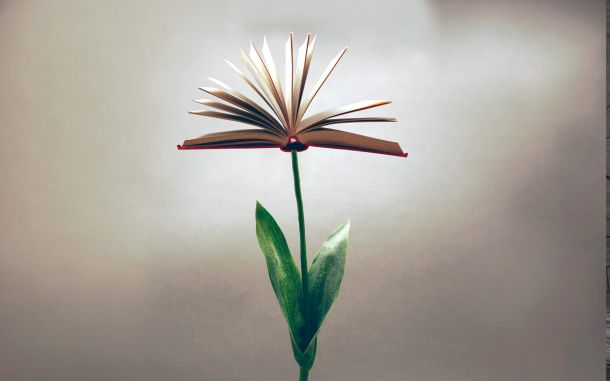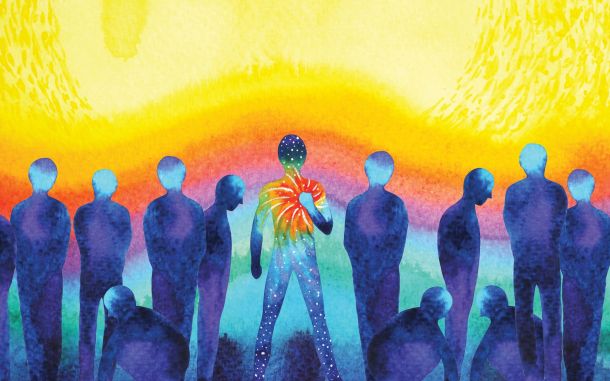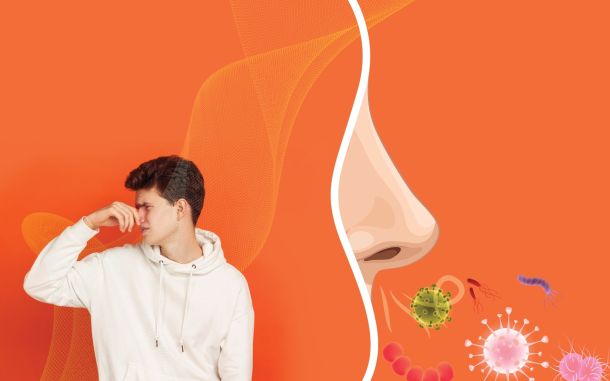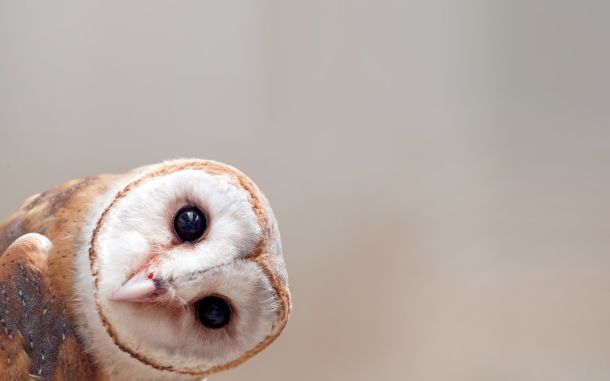Editorial: Mirrors

If you are feeling paralyzed since October 7th, you are not alone. The brutality we saw that day and the apocalyptic images of death we are seeing since then are overwhelming. However far we may want to escape from the news, the ongoing tragedy is so powerful and far-reaching that there is no single nook on earth to take refuge in and feel relieved. We simply cannot avoid it, and perhaps we should not. We should not, but not only to sympathize with and help the innocent victims (Muslim, Jewish, or any other) of a war thousands of miles away from our homes – this is a warfare that stretches and penetrates into our psyche and threatens our wellbeing and the safety of our communities wherever we may be. As quoted in the Lead Article, “Everywhere is dark… / O Lord, is this evening, or the grave!” one asks internally, for the horrible images pouring into our newsfeeds portray nothing but just that. We pray that violence comes to an end immediately, leaders of nations and international organizations act with more common sense and compassion, and less with primal urges, hatred, and revenge.
The only way out of this conflict, and for that matter others too, is to build friendships, especially in countries where communities of different ethnicities and faith traditions live side by side, and show the world peaceful coexistence is possible. Organizing community gatherings to get to know one another can help us recognize each other as fellow human beings, perhaps with different looks, but essentially as the same creature with the same flesh and bones, fears and aspirations, questions and answers. We also have to remember that our traditions – at least in their core messages – do not condone violence of any sorts and teach us to honor humanity, humanity with which we should always take sides and never sacrifice for any violent agenda. On another front, however the situation may continue to unfold, we should continue to turn our face to the heavens for an ultimate solution. As mentioned again in the Lead Article: “The world spins unceasingly, and numerous transformations occur at a rapid pace. As long as events continue unfolding in this manner, it remains undeniable that a celestial life will knock on our door, if not today, then in the very near future.”
In “Mirrors With Persona,” Sarimeseli is offering in this issue of The Fountain a healing perspective on the human condition and perhaps on the global affairs. As quoted in this article, Bediuzzaman says, "… the greatest fulfillment of a person's needs is the presence of a heart corresponding to their own, so that both sides may exchange their love, passion, and enthusiasm, and share in pleasures together, and assist and support each other in times of sorrow and sadness." Bediuzzaman wrote this on the relationship between spouses. But it would not be wrong to extrapolate this approach to other contexts, including the current conflict discussed above. One solution, then, we can argue is to be bright mirrors to one another, so when we look at each other what we see is ourselves. Then, perhaps we can fully and truly sympathize with the suffering around the world.









